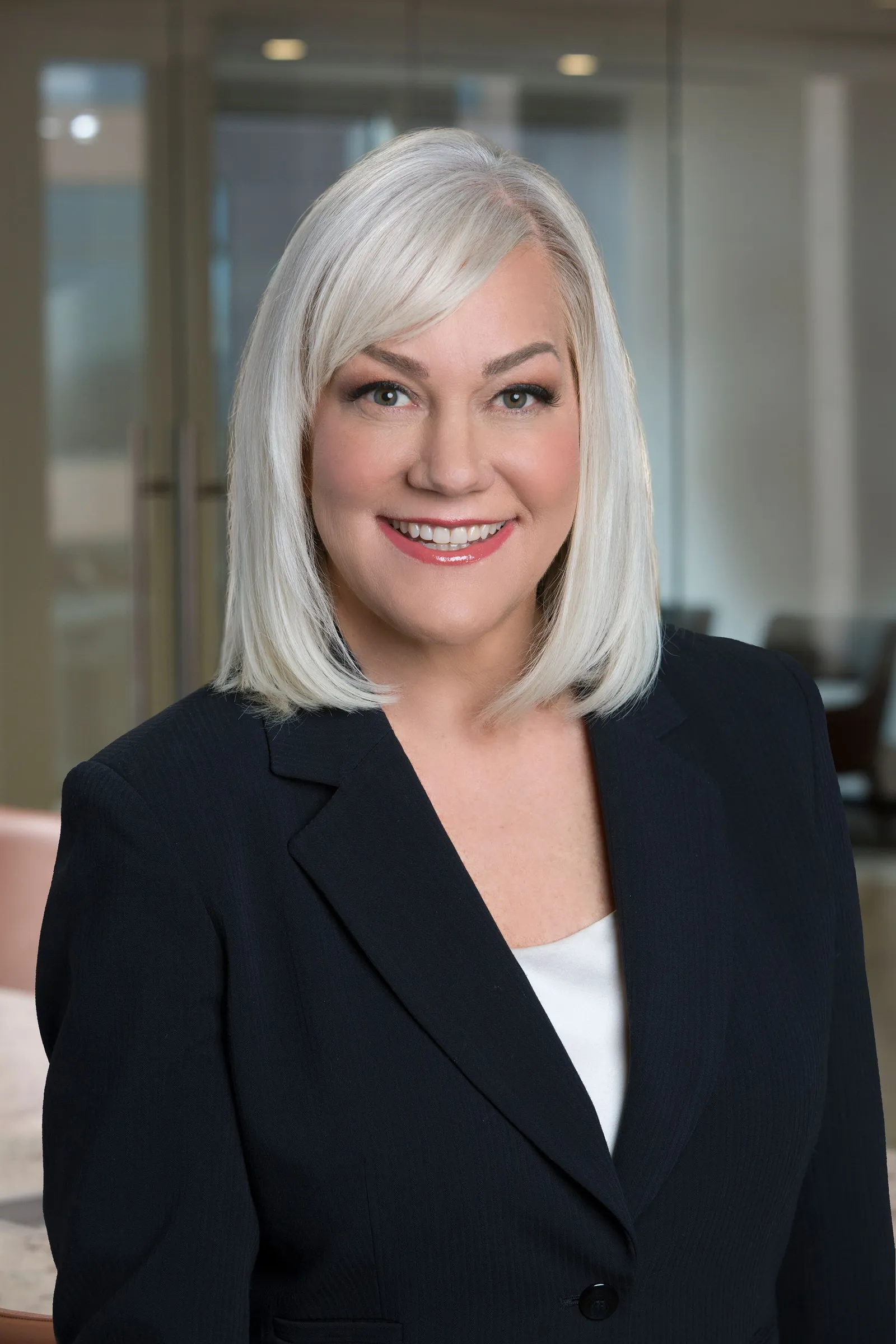After nearly five years leading HR at Yeti — during a period that included dramatic company growth, an IPO, a pandemic and layoffs — Hollie Castro is leaving for a new role.
Reflecting on her time there, Castro, chief human resources officer and SVP of ESG, told HR Dive the key to success in many HR functions is a deep understanding of the workforce at hand.
Roll up your sleeves
When Castro joined Yeti in 2018, she came from the tech industry, having worked in HR at employers such as BMC Software and Cisco Systems. “When I joined, my biggest concern about coming to Yeti [was that] I had been in tech for so long, and this was a new industry,” Castro said, and she wondered whether it would be fast-paced or forward-looking enough for her.

But the leap to coolers and drinkware proved a smooth transition. Castro found many similarities to tech in Yeti’s workforce; among other things, the company employs primarily knowledge workers, as it outsources its manufacturing and supply chain functions. It’s also based in emerging tech hub Austin and operated for many years like a late-stage startup before recent growth.
There were differences, of course. Perhaps most notably, it was a much smaller workforce than Castro was used to. With roughly 400 employees and a thin HR presence, Castro said she had to roll up her sleeves and be hands on.
This taught her about Yeti’s workforce and allowed her to build trust. In the beginning, she found herself performing HR tasks she hadn’t done in 20 years. But those tasks — followed by building processes and an HR team — set her up to succeed in her primary role: working with the CEO and the board to drive talent strategy for the company.
“If you want to do strategy and strategic work, you have to have the fundamentals and the basics right,” she said.
Lead with empathy
A deep understanding of the workforce also will serve HR pros well in times of change, enabling them to lead with empathy, Castro said.
When reopening offices following pandemic-driven closures, for example, Yeti refrained from a return-to-work mandate. “Understanding who your demographic is is really important,” she said. Half of Yeti’s employees at the time were hired during the pandemic; others had made changes to their living or childcare arrangements. A blanket recall wasn’t the answer.
Instead, Yeti focused on communicating the “why” — why it believed some level of on-site presence was beneficial to its culture and the broader business. It then offered a hybrid plan aiming to have employees in the office three days per week, but left final decisions up to group leaders. Some employees needed time to make the change, but ultimately, people are generally in the office three days per week, Castro said.
That same advice applies to other challenges HR pros may face in the future, too. As some employers begin furloughs or layoffs ahead of a predicted recession, such undertakings require “really knowing your workforce,” Castro said. Many in today’s workforce have never weathered a recession as an adult. They may remember the 2008 financial crisis but they may not have had a mortgage or car payment at the time, she said. Acknowledge that you understand what’s going on with your workforce, demonstrate empathy and invite employees to come forward with concerns, Castro recommended. “Don’t lean back,” she said; “be visible.”
Yeti’s culture supports that approach: it’s high energy, Castro said, but it’s also low ego. “We have a saying here at Yeti: You need to care about the name on the front of the jersey more than the name on the back of the jersey. And we've built everything around that,” she continued. “People are really good humans at this place.”
Personalize extensively
Various research has shown that personalization is crucial to many HR functions — hiring, training, benefits and more. But again, those things can’t happen without a deep understanding of the workforce, Castro said.
“If you don't understand their demographics, their cultures, their tenure with the company, their experience of the company,” it’s hard to find a starting point, she said. For example, when it comes to talent acquisition and retention, HR pros must understand their talent pools, Castro said — both “where you get talent from and where you lose talent to.”
Yeti also has received strong, positive feedback about its curated hiring and onboarding processes, Castro said. The processes are tailored to individuals and roles, and that’s only possible with a deep understanding of the workforce, she said.
Castro’s next steps
Castro’s approach may well endure beyond her tenure at Yeti. Her successor is the company’s VP of total rewards and talent operations, Evonne Delaney, an individual Castro counts among the 17 CHROs she has mentored, sponsored or otherwise helped prepare for such a role.
That support, in fact, is Castro’s proudest achievement in her career; “I can take no credit for the work they did; they own all of those accomplishments. But I think there's 17 individuals out there and some of them were in way bigger jobs than I've ever had, which makes me so proud,” she said.
As for Castro, she’ll be joining Miro, a visual collaboration platform, as its chief people officer. The company has nearly 2,000 employees and Castro will be working to evolve its people organization to support the business’ plans for growth. “Cracking the nut on hybrid and remote is one of the biggest challenges I think the HR community will have for the foreseeable future,” Castro said. “And that's what this company is all about[.] And I'm super excited to join them.”
Castro will still have ties to Yeti — “I will continue to be a shareholder for a very long time,” she said — but she feels she’s leaving it in a good place. “I'm really proud of the fact that I leave things ... in far better condition than I found them and that talent is now a strategic imperative for this company,” she said. “That makes me really proud.”














